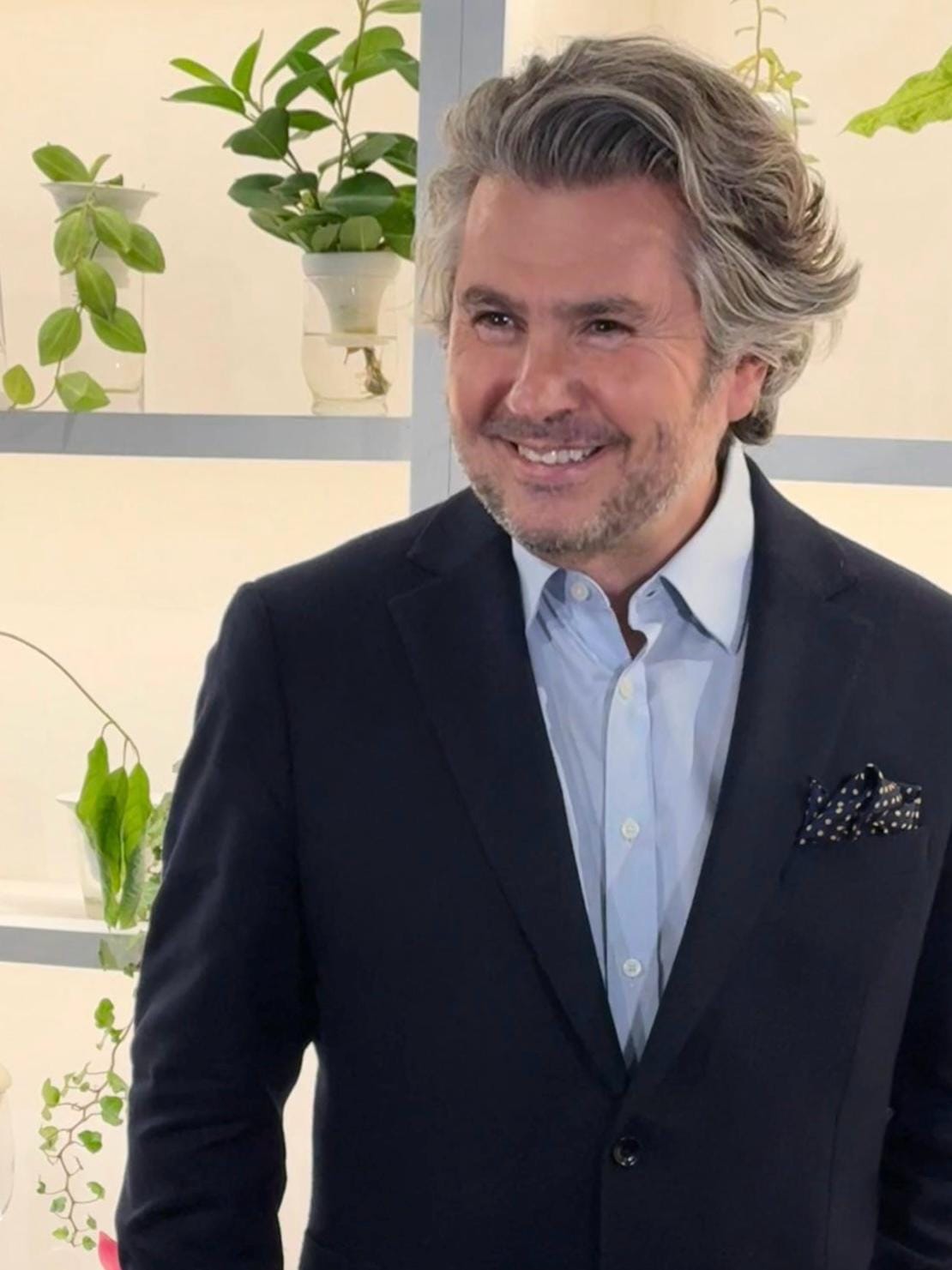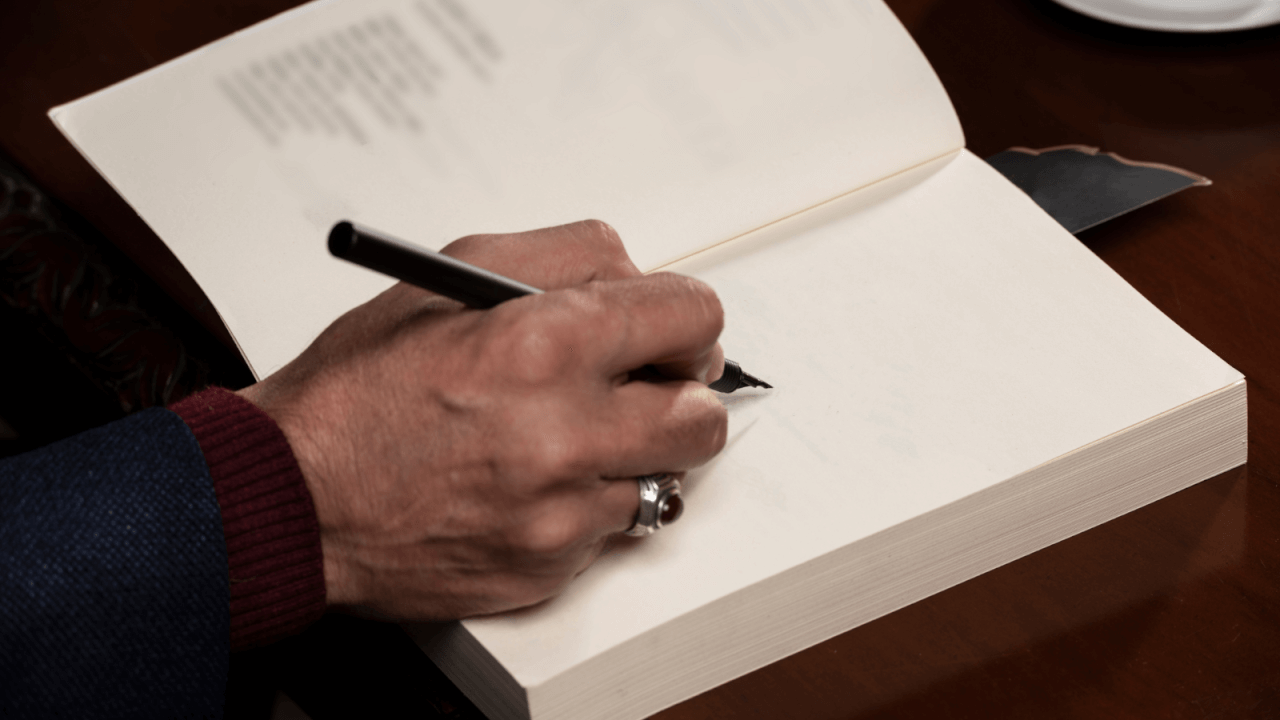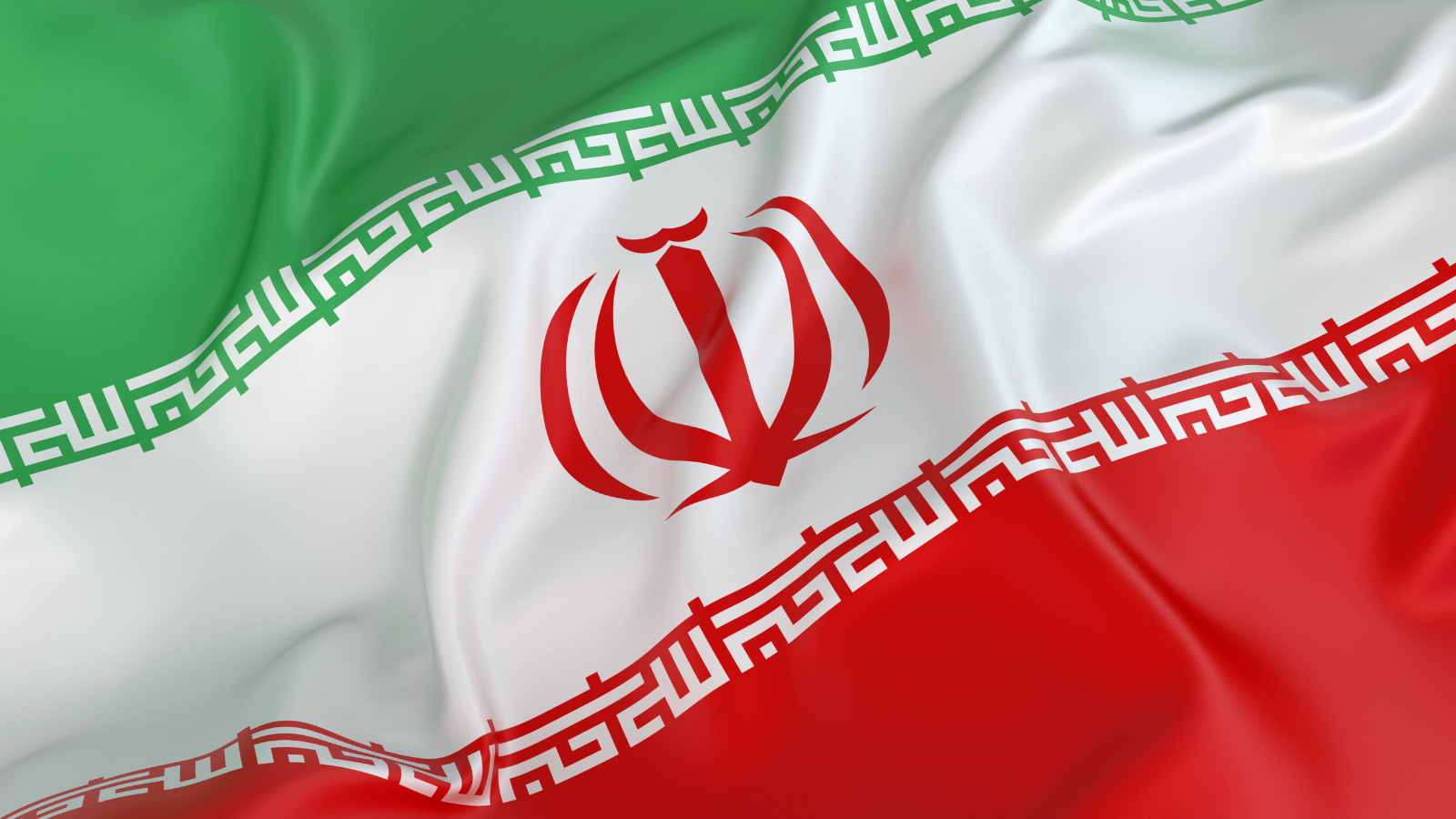The Craft That Never Really Changes
Diplomacy was once the profession of patience, nuance and discretion. Today it lives in the glare of cameras, real-time messaging and public opinion. Yet its essence endures — it is still a human art built on trust, empathy and language.
I entered the Turkish Foreign Ministry in the mid-1980s, after serving at the Prime Minister’s Office and the İş Bank inspectors’ board. In those long marble corridors beside the Prime Ministry, I learned that dust on a file mattered less than the weight of a word. During the height of the Cold War, I served at NATO’s Joint Security desk, then postings in Beijing taught me patience, Brussels taught negotiation, and Paris taught grace. Later, at the OECD and the International Energy Agency, I saw multilateral diplomacy at work — where states were only one of many actors, and ideas often spoke louder than flags. Then, I crossed into the private sector, where “business diplomacy” replaced protocol with persuasion. Since then, from London to Urla, from Doha to Tokyo, from Marrakesh to Phnom Penh, I have continued to build bridges as an independent diplomat.
Because diplomacy, at its core, is not about hierarchy or ceremony — it is about reading people and influencing outcomes with integrity.
1. See Diplomacy as a Cultural Art, Not Just Protocol
A diplomat is not merely a rule-keeper but a reader of souls. Quoting Mozart at dinner may charm, but introducing your guest to your nation’s folk music builds connection. Culture carries the emotion that policy cannot. A smile can open doors that a hundred briefing pages cannot.
2. Neutrality Is the Insurance of a Diplomat’s Life
Politics changes; the state endures. Serve governments, yes, but belong to your country’s conscience, not its parties. Loyalty to persons is fleeting; loyalty to principles is what gives a diplomat longevity.
3. Merit Is the Only Passport That Lasts
You can rise through favour, but you stay only through trust. In our time, nobody reached Paris without first surviving the dust of Africa. Even a president’s son queued for postings like everyone else. Today’s young diplomats should leave behind not connections but credibility.
4. Stay Close to the State, Distant from Politics
The early republic’s envoys balanced state reason with political passion. They advised presidents but never sought personal power. A true diplomat does not stand in the spotlight — diplomats direct it.
5. Combine Knowledge With Grace
On a diplomat’s desk, there should be policy briefs beside poetry, art catalogues and music notes. Elegance is not vanity; it is respect made visible. The diplomat who joins intellect with refinement can turn even hostility into dialogue.
6. Serve the Nation’s Memory
In the old days, every meeting had minutes. Now decisions vanish into screens. However, the diplomat’s job is to leave a trace — to make the ephemeral durable. If states forget, history repeats; it is the diplomat’s duty to organise remembrance.
7. Master the Digital Age Without Becoming Superficial
Yes, diplomacy today begins with a tweet and ends on Zoom. However, speed is the enemy of depth. Artificial intelligence can process information, but it cannot build trust. Keep the human touch; otherwise, diplomacy becomes data traffic.
8. Use Media Wisely
Media is a weapon and a trap. A single misjudged sentence can undo years of work. During the Trump administration, ministers learned policies from tweets; that is the power — and peril — of instant messaging. Britain’s Richard Moore, once ambassador in Ankara, showed how wit and warmth can humanise diplomacy. Use media strategically, never emotionally.
9. Read the World, Understand People
Good diplomats do not just represent — they interpret. They translate interests into understanding. Geography matters, but psychology decides. Empathy is your most precise intelligence tool.
10. Build Diplomacy on Relationships, Not Files
A conversation under an olive tree in Urla, or a shared fish dinner on the Bosphorus, can last longer than a communique. Documents expire; relationships endure. Your counterpart must first like you before trusting your country.
11. Orchestrate, Don’t Dominate
Modern foreign policy is a symphony: ministries, intelligence, business, culture, academia, NGOs, media — all have a part. The diplomat is the quiet conductor who brings them into harmony. True diplomacy creates peace not only between nations but between institutions.
12. Don’t Parrot — Contribute Thought
Obedience is necessary; conformity is fatal. Bring your intellect to the table. Even when others reject your government’s position, they should respect your mind. A single original sentence can sometimes achieve more than an official note.
13. Include Life in Diplomacy
Invite counterparts home. Attend theatre, concerts, and tennis. Nurture friendships beyond duty, and keep your own family at peace — no one can balance the world if they cannot balance their own home.
14. Patience Is the Sharpest Weapon
Patience is not passivity; it is strategic silence. Sometimes you lead by not speaking. Some treaties are written not in ink but in endurance.
15. Be a Global Diplomat, but Stay Rooted
Globalisation widened the field, not the identity. Carry your culture with pride. A Turkish diplomat remains the child of Anatolia, the heir of civilisation’s crossroads. A flag bends to the wind only when it forgets the pole that holds it.
The Masters and the Message
From Feridun Cemal Erkin to Selim Sarper, Şükrü Elekdağ, İlter Türkmen, Namık Tan and Ümit Yalçın — each embodied intellect, poise and patriotism. They proved that offices do not sustain diplomacy, but by character. Much of what I share here is explored in greater depth in the book A World Apart: Inside the Lives of Diplomats (Destek Yayınları), written with Ambassador Uğur Ergün and ten senior colleagues. It chronicles the invisible codes of corridors, the silent reflexes of crisis tables, and the moments when a smile carried more weight than a note verbale.
Final Words to Young Diplomats
Everything has changed — states, technologies, even etiquette.
What endures is judgment: knowing what to say, when, where, how, and for whom.
Value patience over haste, elegance over noise, substance over show. Read people as deeply as you read briefs.
Seek not to shine, but to honour what you represent.
Because diplomacy is measured not by titles or tweets, but by the quiet trust, respect and wisdom one leaves behind.
When you earn that trust, your voice speaks not only for a state — but for humanity itself.








